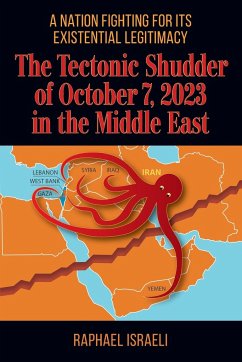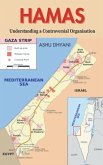More and more Arab societies are being buffeted by economic forces their rulers cannot control. Until recently the Arab populations largely have submitted to these economic stresses. Lately, however, they have become more active in protest. This study argues that in a large measure the increased activism is due to the appearance of radical religious groups that have exploited the popular discontent, focusing in particular on the youth. Unable to find jobs, young people lack hope. Even the prospect of a fulfilling family life is remote as long as they are unemployed. Hamas and Hizbollah are the two most famous of the religious groups - Hamas operating in the Israeli occupied territories of Gaza and the West Bank; Hizbollah, in southern Lebanon. Recent publicity has spotlighted Hamas because of terrorist attacks it has perpetrated inside Israel. But, as the study argues, both Hamas and Hizbollah are significant far beyond any isolated kidnappings or terrorist bombings. They are part of a movement that is attempting to radicalize the whole Arab world. This study seeks to alert U. S. policymakers and military leaders to the larger potential danger posed by the groups. The U. S. military, in particular, should take heed, the study finds, because of a recent proposal to station U. S. forces in the very center of the radicals' area of operation. William W. Allen Colonel, U. S. Army Acting Director, Strategic Studies Institute
Hinweis: Dieser Artikel kann nur an eine deutsche Lieferadresse ausgeliefert werden.
Hinweis: Dieser Artikel kann nur an eine deutsche Lieferadresse ausgeliefert werden.








